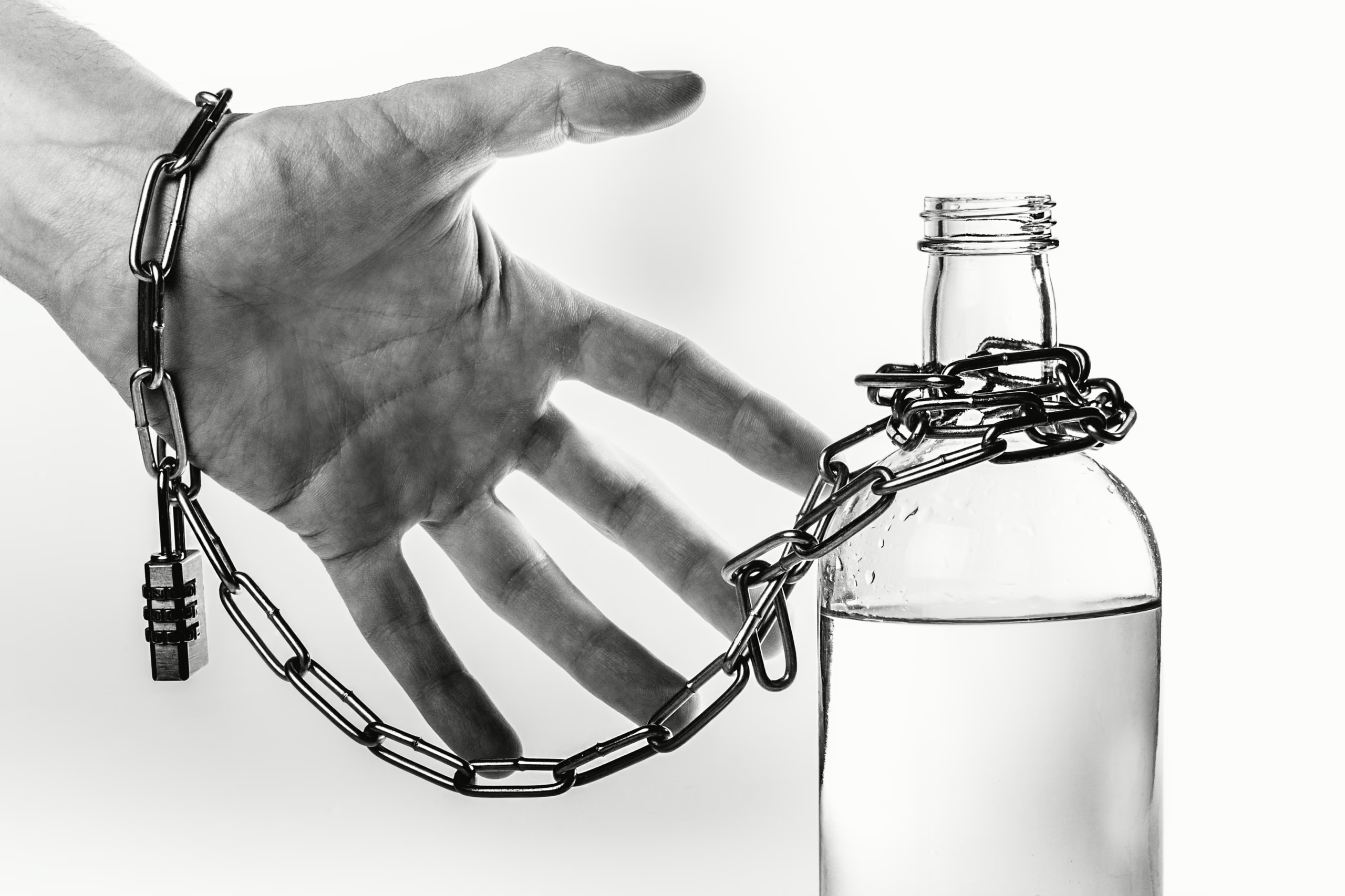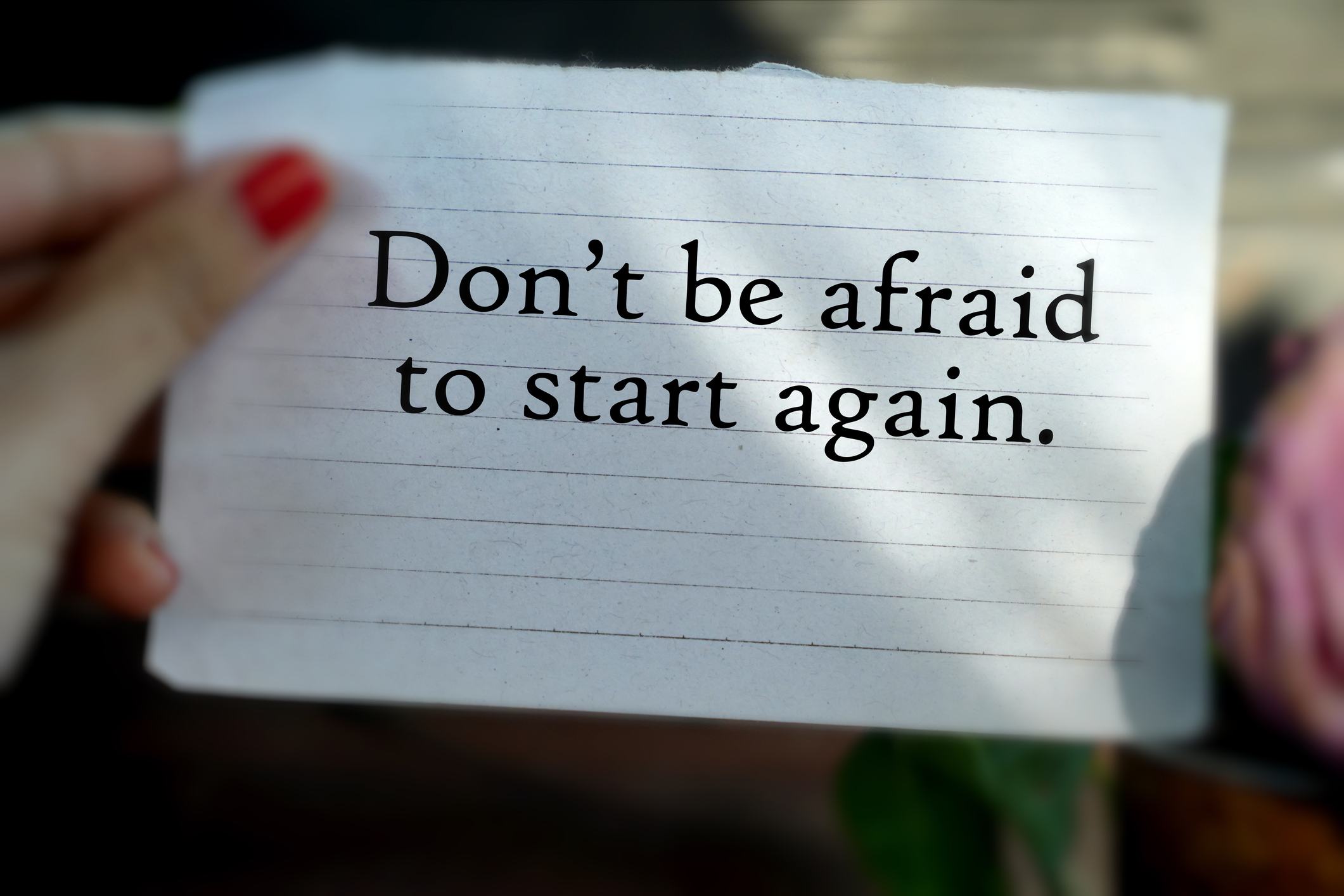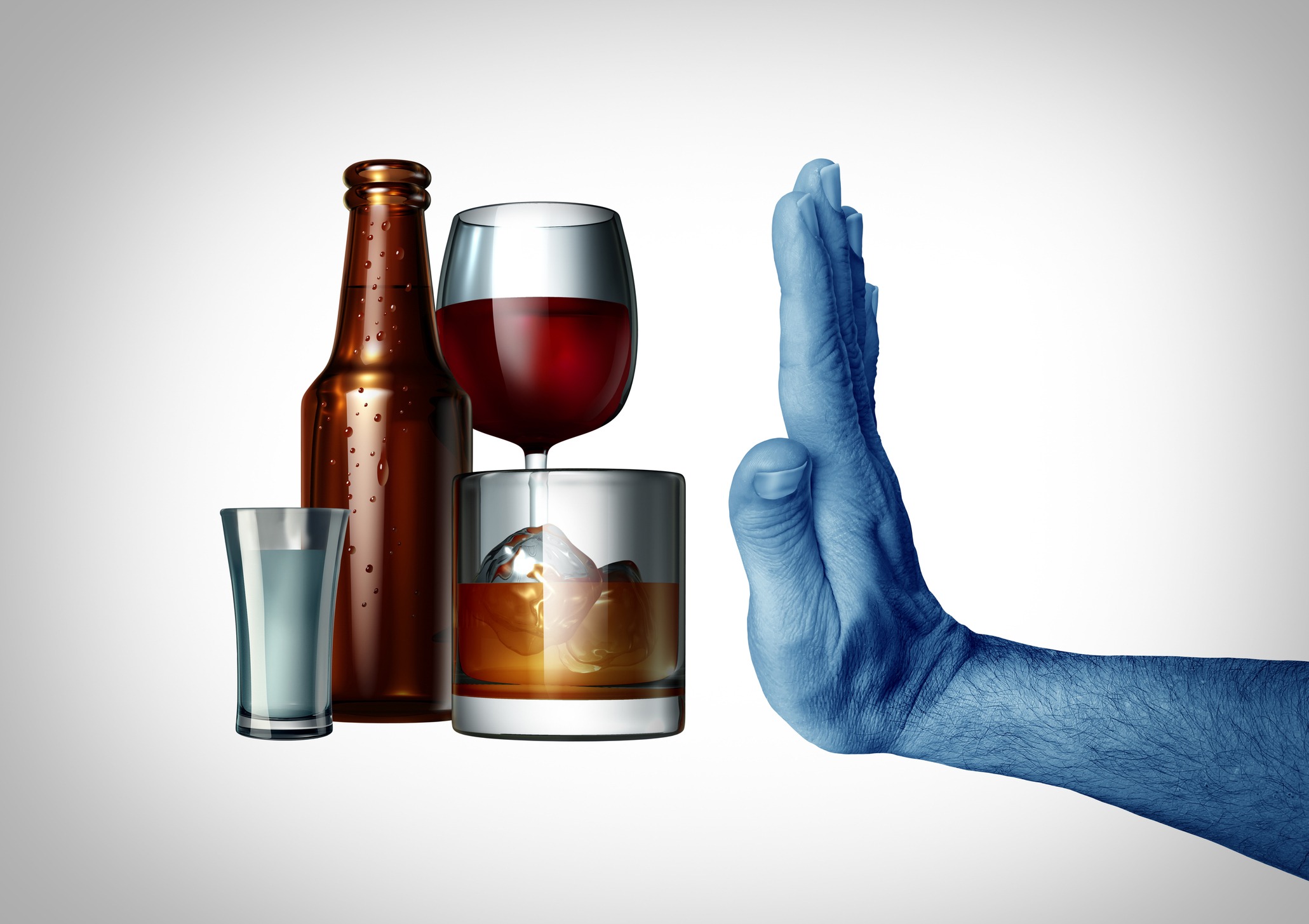Grasping the Concept of Dry January
Dry January is a month-long challenge where individuals voluntarily give-up alcohol to start the year on a healthier note. This movement has gained significant popularity as people become more conscious of their drinking habits and seek to explore the benefits of temporary abstinence. By participating in Dry January, many aim to reset their relationship with alcohol, experience physical and mental benefits, and reflect on their drinking patterns.
Dry January dates back to 2013 when the initiative was launched by the UK-based charity Alcohol Change UK. Since then, it has grown into a global phenomenon, with millions of participants each year. The concept is simple: refrain from consuming any alcoholic beverages for the entire month of January.
Participants often find the challenge both rewarding and eye-opening. For many, it’s an opportunity to break routine, reassess the role of alcohol in their lives, and perhaps discover healthier habits. For some, this month serves as a catalyst for longer-term changes in their drinking behavior.
While the idea of abstaining from alcohol for a month might seem daunting, the structure and community support surrounding Dry January can make the process more manageable. Many find that joining online groups, using mobile apps for tracking, and participating in discussions about the experience can provide additional motivation and accountability.
Dry January is not just about giving up alcohol; it’s also about gaining a fresh perspective on one’s health and lifestyle. It encourages individuals to think critically about their choices and consider how they can make more mindful decisions moving forward.
Advantages of an Alcohol Break
One of the primary motivations for participating in Dry January is the potential health benefits. Research conducted by the Royal Free Hospital in London revealed that moderate drinkers who took a break from alcohol during January experienced notable health improvements. These included better concentration, improved sleep, reduced cholesterol and glucose levels, lower blood pressure, weight loss, and a 40% reduction in liver fat. Additionally, a study highlighted that regular drinkers who abstained for a month showed a rapid decrease in certain chemical messengers in the blood that are linked to cancer progression.
Beyond the physical benefits, taking a break from alcohol can lead to enhanced mental clarity and focus. By eliminating alcohol, many individuals find they can concentrate better, feel more rested and energized, and tackle their daily tasks with increased efficiency.
Creating Attainable Objectives
When establishing your goals for Dry January, it’s important to set realistic and achievable objectives. Research from the University of Sussex found that 72% of Dry January participants had maintained reduced levels of harmful drinking six months after completing the challenge. This highlights the long-term benefits of setting practical goals.
Start by defining what success looks like for you. Whether it’s not drinking at all, or limiting yourself to certain situations, having a clear target can guide your actions throughout the month. It’s also helpful to break the month into smaller segments, such as week-by-week goals, to make the challenge feel less overwhelming.
Tracking your progress can significantly aid in maintaining motivation. Consider keeping a journal to log your daily experiences and any changes in mood, energy levels, or health indicators. Alternatively, you can use a mobile app designed for this purpose, which might offer additional features like reminders and community support.
It’s equally important to identify potential challenges in advance and develop strategies to tackle them. For instance, if social gatherings are a trigger for you, plan ahead by bringing non-alcoholic beverages you enjoy or suggesting alternative activities that don’t revolve around drinking.
Lastly, celebrate small victories along the way. Rewarding yourself for reaching milestones can provide an extra incentive to stay committed. These rewards don’t have to be extravagant; simple pleasures like treating yourself to a favorite snack or a relaxing activity can make a big difference.

Lastly, celebrate small victories along the way. Rewarding yourself for reaching milestones can provide an extra incentive to stay committed. These rewards don’t have to be extravagant; simple pleasures like treating yourself to a favorite snack or a relaxing activity can make a big difference.
Strategies for Maintaining Motivation
One effective strategy for maintaining motivation is to establish a strong support system that’s rotting for your success. Share your Dry January goals with friends, family, or colleagues who can offer encouragement and hold you accountable. Online communities and social media groups dedicated to alcohol-free living can also provide valuable support and camaraderie. Engaging with others who are on the same journey can make the experience feel less isolating and more communal.
Creating a reward system can further bolster your resolve. Set up small incentives for each week you successfully avoid alcohol, and a larger reward for completing the entire month. These rewards can be simple yet meaningful, such as a special treat, a new book, or a fun outing. The anticipation of these rewards can help keep you focused on your goals.
Staying busy and engaged is another key tactic. Use the time you would have spent drinking to explore new activities or hobbies. This not only distracts from any cravings but also enriches your life with new experiences. Whether it’s picking up a new sport, learning a musical instrument, or diving into a creative project, these activities can provide a sense of accomplishment and joy.
Planning ahead for challenging situations is crucial. If you know you’ll be in social settings where alcohol is present, prepare by bringing your own non-alcoholic beverages or suggesting alcohol-free activities. Having a plan in place can reduce the temptation to drink and make it easier to stick to your commitment.
Tracking your progress can also be highly motivating. Keep a journal or use a mobile app to log your daily achievements and any positive changes you notice in your mood, energy levels, or overall health. Seeing tangible evidence of your progress can reinforce your determination and keep you moving forward.
Alcohol-Free Alternatives
Experimenting with alcohol-free drinks can significantly enhance your Dry January experience. There are plenty of creative options to satisfy your taste buds. Non-alcoholic beers and wines have improved in quality and variety over the years, providing a similar experience without the alcohol. Mocktails are another excellent choice, offering all the fun of cocktails with none of the alcohol. You can easily make them at home using fresh juices, herbs, and spices.
For those who enjoy the ritual of drinking, try exploring a variety of teas, both hot and iced. Herbal, green, and specialty blends can offer unique flavors and can be a comforting replacement. Sparkling water with a splash of fruit juice or a slice of lemon or lime can also be a refreshing alternative. Kombucha, a fermented tea with a slight fizz, is another popular option that comes in a variety of flavors.
Non-alcoholic spirits are gaining traction as well, allowing you to enjoy the complexity and ritual of a well-crafted drink without the alcohol. Brands like Seedlip offer a range of flavors that can be mixed into sophisticated beverages.
Additionally, exploring new culinary endeavors can be a rewarding way to fill the time. Try your hand at making gourmet coffee drinks, smoothie bowls, or even homemade sodas.
Managing Social Gatherings
Social events can be tricky during Dry January, but with the right approach, you can still have a great time. Start by planning ahead and bringing your favorite non-alcoholic drinks. This way, you won’t feel left out and can enjoy the event without the temptation to drink.
Being open about your participation in Dry January is also helpful. Letting friends and family know your reasons for abstaining can foster understanding and support. Often, you’ll find others who are curious or even inspired by your decision, making the experience more communal.
You can also focus on engaging in activities that don’t center around drinking. Suggest games, conversations, or other activities that divert attention from alcohol. This can make socializing just as enjoyable, if not more so, as the focus shifts to connecting with people rather than drinking.
Lastly, practice a few polite ways to decline a drink if offered. Phrases like “I’m doing Dry January” or “I’m taking a break from alcohol this month” are simple yet effective. Having these responses ready can ease any potential awkwardness and help you stay committed to your goals.
Assessing Your Experience
After completing Dry January, it’s important to take a moment to reflect on the journey and its impact on your overall well-being. Think about the physical changes you may have noticed, such as better sleep, increased energy, or improved mood. Consider the mental shifts as well, like enhanced focus or reduced anxiety.
This reflection isn’t just about noting positive changes but also understanding any challenges you faced. Acknowledge what was difficult and how you overcame those hurdles. This can provide valuable insights for future goals and self-improvement.
Review your drinking habits and how they might have shifted during the month. Did you find alternative activities or beverages that you enjoyed? How did social interactions change without alcohol? Use these observations to inform your future choices regarding alcohol.
Consider setting new goals based on your experience. Whether it’s continuing with reduced consumption, incorporating regular alcohol-free periods, or exploring new healthy habits, the insights gained from this month can guide you toward a more balanced lifestyle. Reflecting on your Dry January journey can empower you to make more mindful decisions about your health and well-being moving forward.












